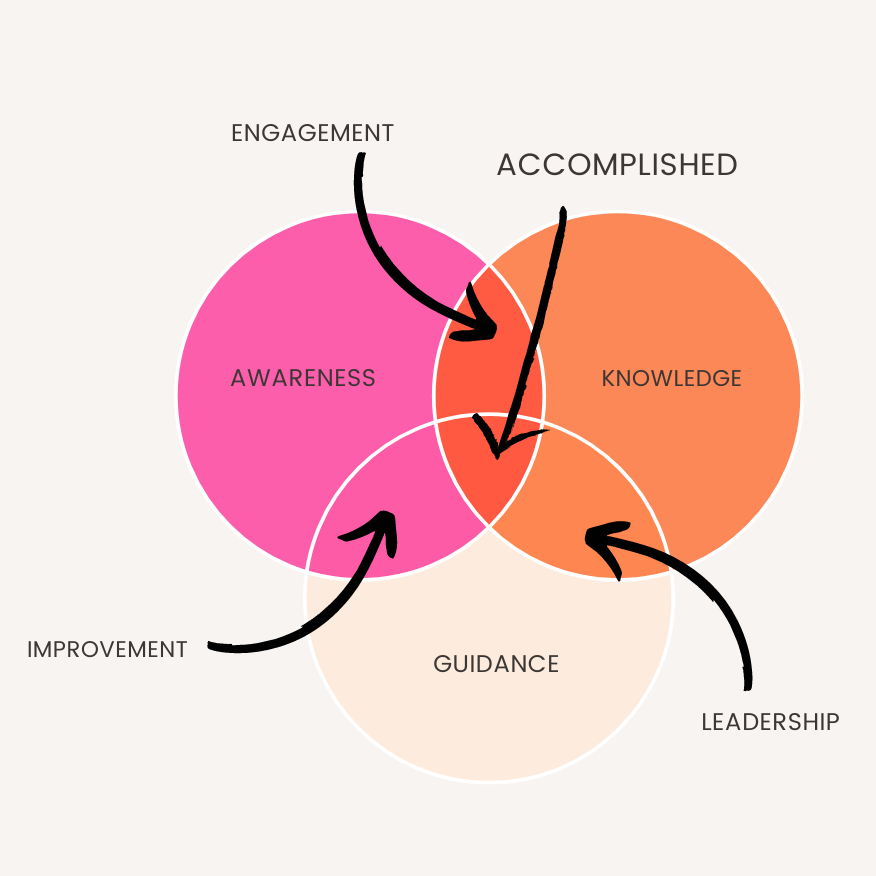September 25th, 2024

—
I worked with a Tier 2 construction company for over 10 years as their certification auditor. The Directors (the leaders) of the company were physically at the opening and closing meetings, however I always felt they weren’t fully present. They were simply paying ‘lip-service’ and their Integrated Management System (IMS) showed this. It was all talk and no action or commitment.
Over the years I had raised many minor nonconformances and a few times even major nonconformances. They always had a ‘System Representative’ who was responsible for the IMS, however every year when I arrived for the audit, there would be a new person in that role. In speaking to the various people in this role over the years, there was a lot of frustration, they weren’t getting the support of the Directors for the IMS.
Then one year something changed – I turned up for the annual audit, and there was no new System Representative – well, there was, and it was one of the Directors, Richard! I thought to myself ‘well this will be interesting’ 😄 and I was pleasantly surprised! I worked with Richard for a certification cycle of 3 years and he really took ownership of the IMS.
He finally understood It, understood the benefits to the business and its people. After 3 years, the nonconformances were few and far between and the IMS had the full support of both Directors and all of its workers – there was a complete culture change.

—
Leaders involvement with an Integrated Management System is like the missing puzzle piece. Without it, the puzzle remains incomplete. Just as a single missing piece prevents the puzzle from forming a coherent image, the absence of leader involvement hinders the organization from reaching its full potential.
When leaders embrace their role in the integrated management system, they become the vital piece that completes the puzzle, fostering cohesion, direction, and success throughout the organization.
In today’s fast-paced business environment, creating a culture of ethics and accountability is essential for organizational success. In Harvard Business School’s article, “How to Create a Culture of Ethics & Accountability in the Workplace,” readers learn how strong leadership can foster a responsible work environment. The article emphasizes leading by example, giving meaningful feedback, and combating workplace bias to build trust and accountability. A culture rooted in ethics helps teams perform better, improve morale, and innovate faster.
If you’re looking to strengthen your organization’s ethical foundations, this article provides practical steps and insights to get started.
Read more about fostering a culture of ethics and accountability at Harvard Business School.
Become an Accomplished Quality Leader
Did you know that it is very common for quality leaders to feel like they don’t fully understand what their responsibilities are and how to implement them as part of a quality management system?
Perhaps you’ve completed general leadership training but how does is this relevant to leading a business and meeting the quality management systems leadership requirements? You can read the requirements but what does it look like to implement.
After all, you are ultimately responsible for the success of the system and your leadership is what will make or break this success. You don’t want to flounder and could really use the support of an expert to get you on the right track.
An American Society for Quality study found that organizations with effective leadership are five times more likely to have successful QMS implementation and continual improvement which results in improved customer satisfaction, higher employee engagement, increased efficiency, enhanced reputation and greater profitability.
The Solution

—
- Awareness – you have a general awareness of a business and its structure, the processes and the resources.
- Knowledge – now add knowledge of the QMS leadership requirements and how they fit into your awareness of the business, processes and resources. This will build your awareness and understanding of the leadership requirements and potential gaps; therefore you can prioritise your time.
- Guidance – you need the right person in your corner to be able to guide and support the growth of your knowledge and awareness. Surround yourself with the right people and resources so that your leadership of the quality management system will move the business, the people and the system forward.
- Engagement – by combining your awareness and knowledge you will naturally begin to engage your team to take further action. You are no longer frozen into inaction or have a workforce that has ‘checked out’ of the quality management system.
- Leadership – by using your knowledge and guidance provided you will not be alone. You have the support of the right person and resources to use your leadership to push the system, the people and the business forward using the quality management system.
- Improvement – the guidance provided combined with your awareness will allow you to lead a culture of quality within the business and the quality management system. Your leadership has created a continual improvement focus and you feel accomplished with the work completed and excited by what is to come.
Your Next Steps to Success
1. Understand the leadership requirements: Leaders must clearly define the ethical standards and accountability measures expected within the organization. This includes setting a personal example and communicating the values that guide decision-making and behavior.
2. Engage the workforce within these requirements: Involving employees in the ethical culture fosters a sense of ownership and alignment with the organization’s values. Open communication, training, and feedback help integrate these standards into everyday operations.
3. Continually work through implementation: Building a culture of ethics and accountability requires ongoing effort, including regular evaluation and adjustments. Leaders should ensure consistent enforcement of ethical practices and create systems that support long-term adherence.
4. Be supported by an expert: Having guidance from an ethics or accountability expert can help navigate challenges and refine strategies. Their insights ensure best practices are followed and the organizational culture remains aligned with ethical goals.

View comments
+ Leave a comment